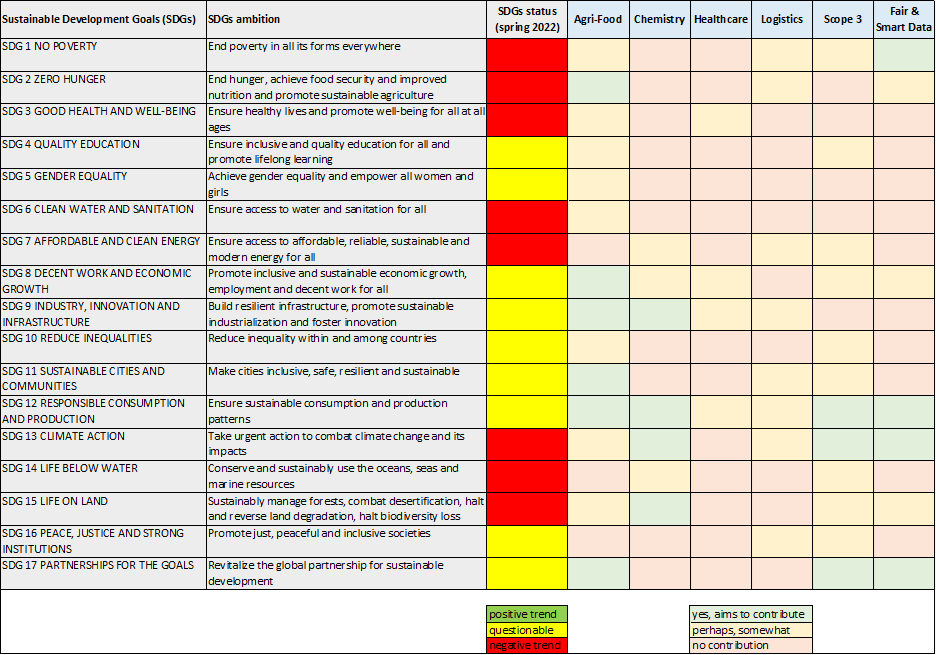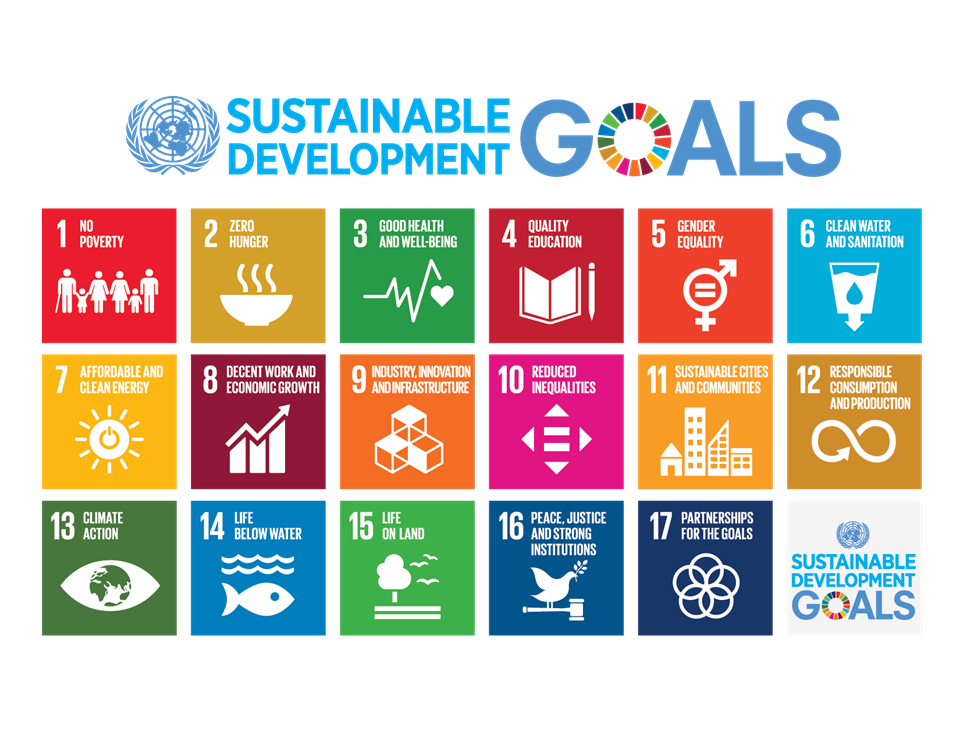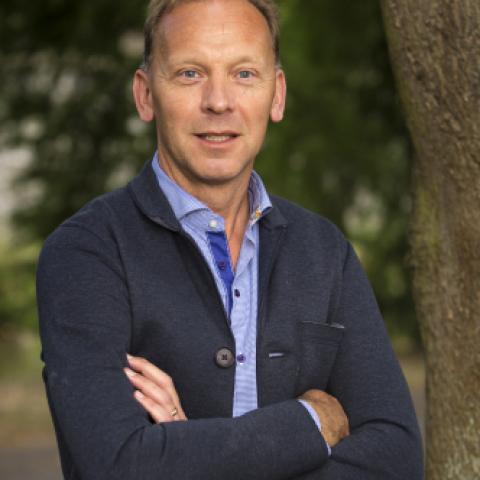BISCI’s potential contribution to the SDGs
− 2 min readBISCI, the Brightlands Institute for Supply Chain Innovation, wants to contribute to the innovation and competitiveness of individual companies and organisations in various sectors and helps strengthen the region’s economic infrastructure of the province of Limburg and beyond.
The main goal of BISCI is developing and realising state-of-the-art smart and sustainable supply chain innovations in close collaboration with knowledge institutions, industry and government (BISCI, 2022).
Sustainable Development Goals
The SDGs were launched by the United Nations in 2015 and are a crucial part of the 2030 Agenda for Sustainable Development, called Transforming our world. It is the United Nations call to action to end poverty, protect the planet, and ensure that by 2030 all people enjoy peace and prosperity (UN, 2015).
A central promise of the 2030 Agenda for Sustainable Development is that "no one will be left behind" and to "endeavour to reach the furthest behind first" (UNDP, 2018). The participation of all countries, all stakeholders, and people are needed to realise the SDGs.
There are 17 SDGs, and they are integrated and indivisible, which means that action in one area will affect outcomes in others. The SDGs balance the three dimensions of sustainable development: economic, social, and environmental.
We are already halfway (spring 2022) to the 2030 deadline for achieving the SDGs. What is their status, and to which SDGs does BISCI want to contribute?
BISCI and the SDGs
A general impression of the progress of the SDGs is based on The Sustainable Development Goals Report 2021 published by the United Nations. The BISCI programme leaders were consulted to shed some light on which SDGs their programme activities are expected to contribute.
The interpretation of the progress of the SDGs so far and the qualification of the potential contribution of the different BISCI programmes to the SDGs is the author's sole responsibility. It is a quick scan and definitely not a detailed study (if that were possible at all).
-
The table below,
- Gives an overview of the SDGs (1st column) and what they want to achieve (2nd column).
- The progress of the SDGs so far, based on the The Sustainable Development Goals Report 2021 (3rd column), shown in colour code: green (positive trend), yellow (questionable), and red (negative trend).
- An overview to which SDGs the different BISCI programmes potentially contribute (column 4-9)*, shown in colour code: green (yes, definitely), yellow (maybe, somewhat), and red (no contribution).


-
It should be emphasised that there is no direct relationship between BISCI’s programme activities and the progress and status of any particular SDG. The SDGs are too complex and comprehensive for such a direct relationship, and BISCI’s impact on them, if any, is at best very indirect through its research, education, training, outreach and dissemination activities.
In any case, the world’s outlook is not very promising given the SDGs status to date. Several SDGs do not show a positive trend and for many the real progress is questionable. The pandemic last two years and the ongoing war in Ukraine do not have a positive impact on many SDGs, in particular the socio-economic ones. Alarming is also that environmental SDGs do not show a positive development either.
There is a serious chance that most SDGs are not achieved by 2030, simply because the world does not live up to its promises.
-
-
References
Brightlands Institute for Supply Chain Innovation (BISCI). (2022). Retrieved from https://bisci-institute.com/
Food and Agriculture Organization (FAO). (2012). Smallholder and Family Farmers. Retrieved from https://www.fao.org/fileadmin/templates/nr/sustainability_pathways/docs/Factsheet_SMALLHOLDERS.pdf
Ritchie, H. (2021). Smallholders produce one-third of the world's food, less than half of what many headlines claim. Retrieved from https://ourworldindata.org/smallholder-food-production
The World Bank. (2016). A Year in the Lives of Smallholder Farmers. Retrieved from https://www.worldbank.org/en/news/feature/2016/02/25/a-year-in-the-lives-of-smallholder-farming-families
United Nations. (2015). Transforming our world: the 2030 Agenda for Sustainable Development. Retrieved from https://sdgs.un.org/2030agenda
United Nations. (2021). The Sustainable Development Goals Report 2021. Retrieved from https://unstats.un.org/sdgs/report/2021/
United Nations Development Programme (UNDP). (2018). What does it mean to leave nobody behind? Retrieved from https://www.undp.org
-
-

